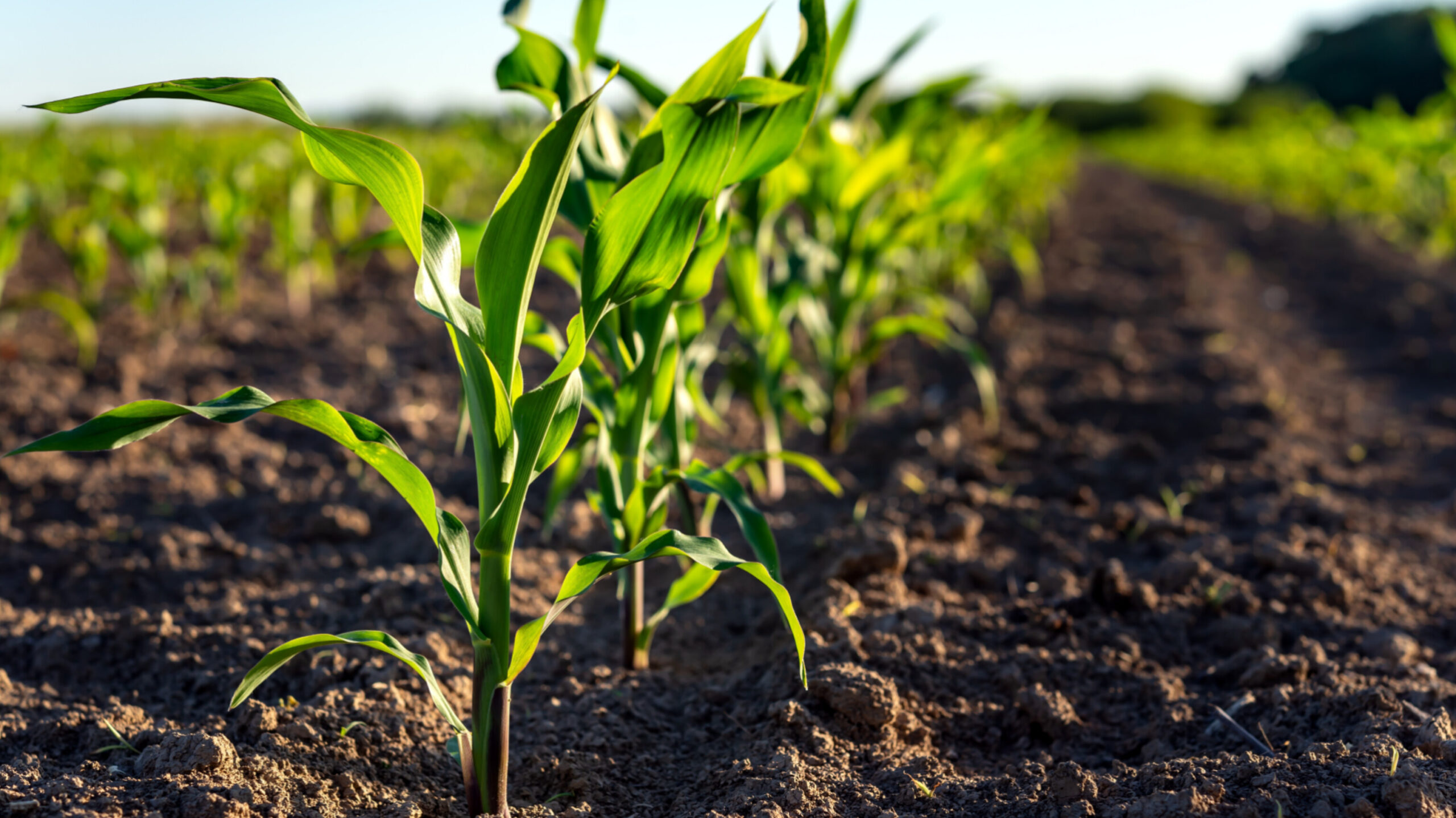In Zimbabwe’s drought-prone regions, farmers are turning to climate-smart agriculture to adapt to the challenges posed by changing environmental conditions. Through training programs funded by the U.S. Agency for International Development (USAID), local farmers are discovering new crops and technologies that are better suited to the country’s shifting climate.
Gertrude Siduna, a 49-year-old farmer from Chipinge district, has transitioned from growing traditional corn to cultivating chilies, which have proven more resilient in the face of drought. “I just pick them from the fields and take them to the Cargill processing center near my home,” Siduna says. “It’s simple; I get my money, which I then use to buy cornmeal. Chilies are far better than corn.” In her first year, Siduna earned about $400 from her chili harvest, offering financial stability in a region where droughts frequently threaten conventional crops.
Muchaneta Mutowa, another farmer benefiting from USAID-backed initiatives, now has access to solar-powered water technology, which has provided reliable water sources in her village. “The solar technology has been quite helpful,” Mutowa says. “We now have easy access to reliable water that flows from the taps. We don’t pay for the sun, but it has become a game changer for us.”
In Chiredzi, farmer Kenias Chikamhi has turned away from growing traditional corn, which he describes as “a gamble” due to frequent droughts. Instead, he has embraced drought-resistant crops like millet, a key alternative supported by USAID’s climate-smart agriculture programs.
Across the country, community gardens equipped with solar-powered irrigation systems are providing families with vital crops such as onions, leafy greens, and cowpeas. These gardens not only improve nutrition but also generate income to support basic needs, including school fees.
As the demand for food assistance grows, USAID and other aid organizations are working to refine their strategies for enhancing global food security. In response to a review by the U.S. Government Accountability Office (GAO), USAID has implemented recommendations to improve how it measures the outcomes of its programs. The latest updates, including the final recommendations, are expected to be released in October as part of the updated Global Food Security Strategy Implementation Plan.

